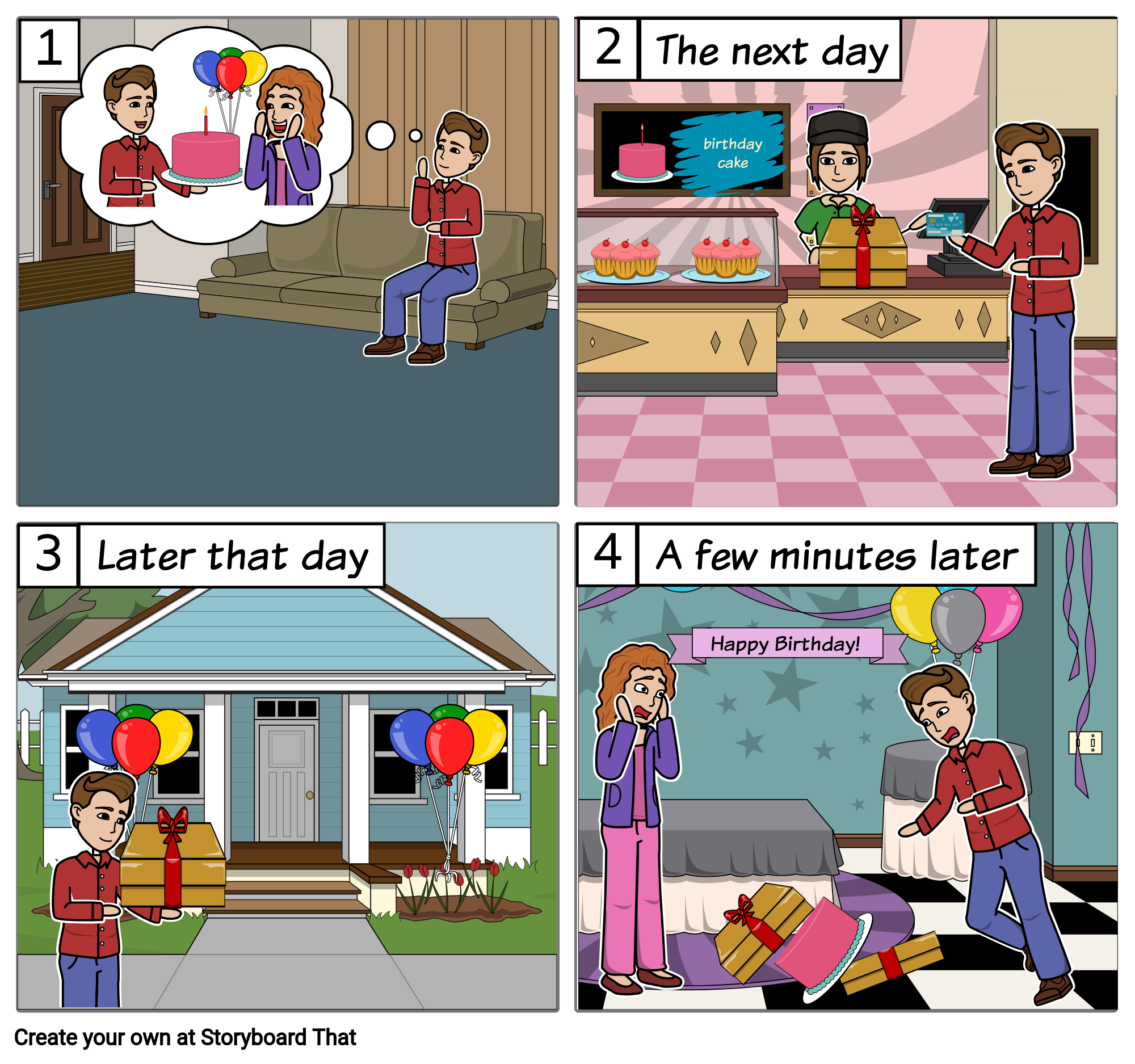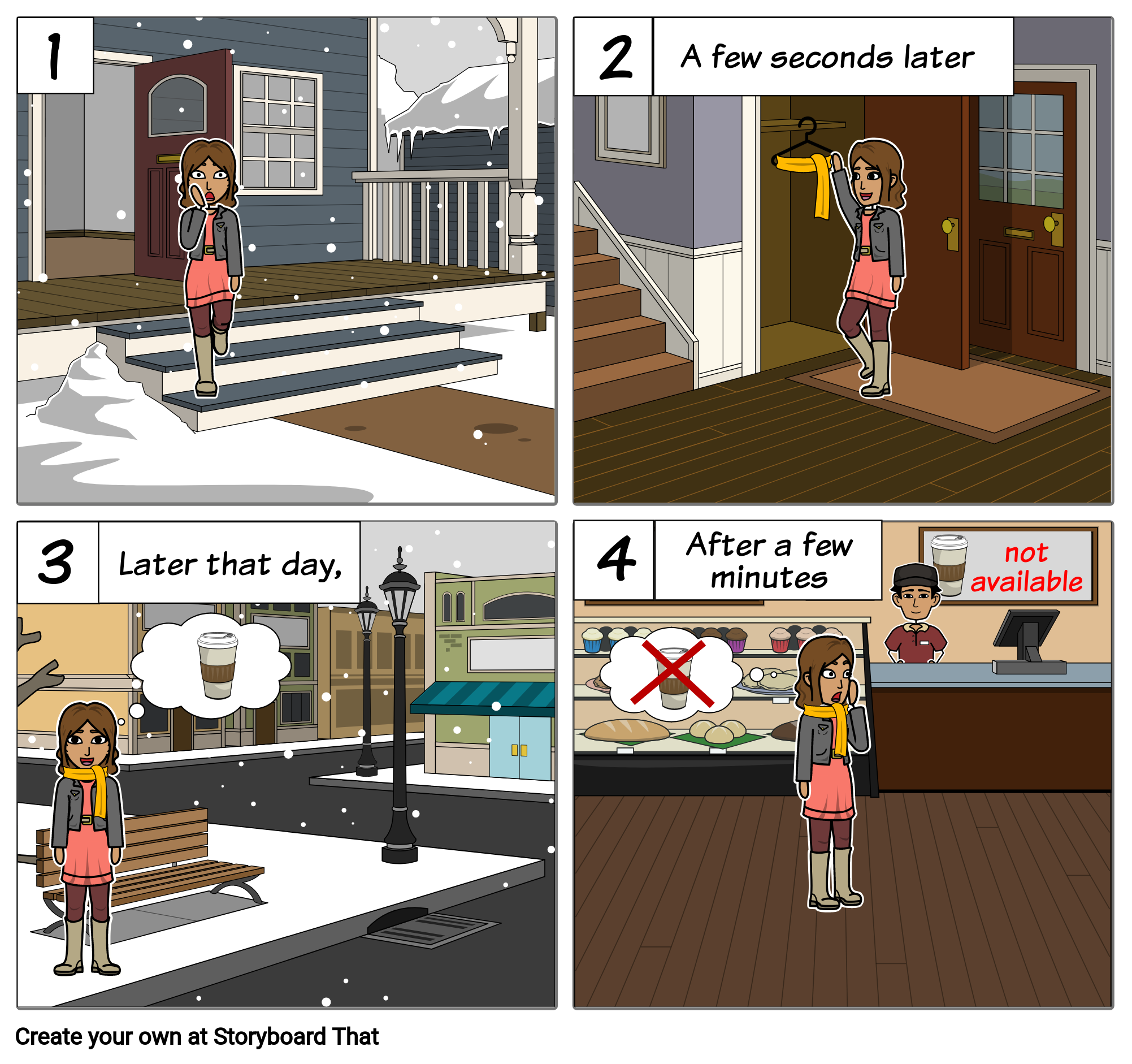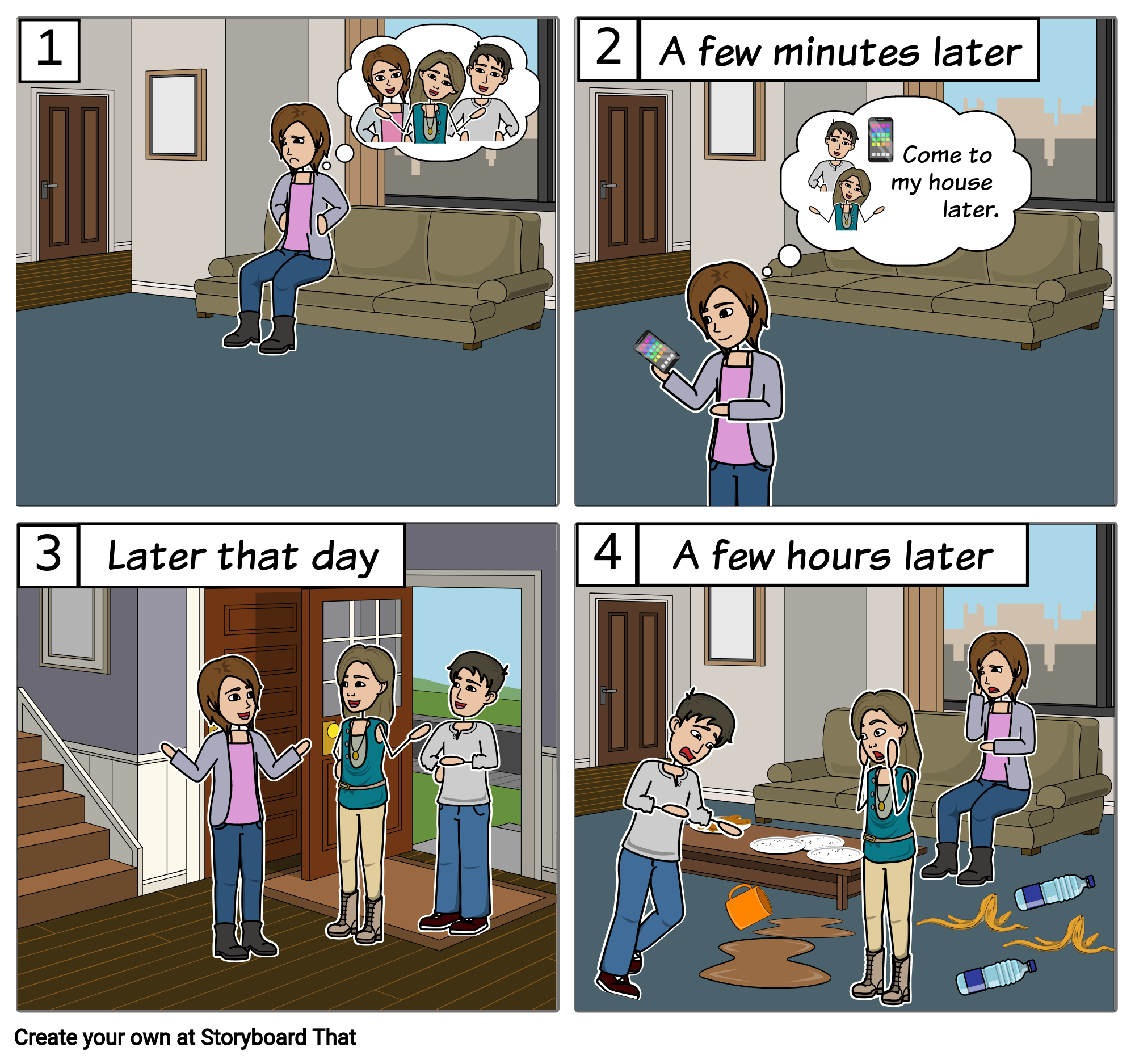PART A_1
Let’s introduce ourselves to each other.
自己紹介をしましょう。
PART A_2
My name is ________________. What is your name?
PART A_3
I am ________________. Nice to meet you.
PART A_4
Nice to meet you too, ________________. Let’s begin our lesson!
PART B_1
Please read aloud the following announcement. I will check your pronunciation, stress, and intonation.
以下の文章を音読しましょう。
PART B_2
Title
passage
passage
passage
PART B_3
I will ask the following questions. Please answer based on the announcement. I will check if your sentences are complete and if the grammar is correct.
講師が以下の質問をします。読んだ内容をもとに答えましょう。講師は文法と完全な文章で答えられているかを確認します。
PART B_4
| 1. | Question | |
| Answer: | According to the announcement, |
PART B_5
Now, let’s review your answer. After that, please read aloud your corrected answer.
ではあなたの答えを復習してみましょう。その後、修正したあなたの答えを読んでみましょう。
(Please review your student’s answers by sending the correct answers in complete sentences. After that, ask your student to read aloud his or her corrected answers.)
PART B_6
PART B_7
Now, we’ll read the sample answer. Please repeat after me.
では、講師のあとに続いて、模範解答を読んでみましょう。
PART B_8
| 1. | According to the announcement, (sample answer). |
PART C_1
Now, we will read aloud the dialogue below. After reading it once, we will switch roles.
講師と会話文を音読しましょう。読み終わったら、役を交代して読みましょう。
PART C_2
| Female: | (dialogue) |
| Male: | (asks if the female student have seen the announcement.)? |
| Female: | (dialogue) |
| Male: | (disagrees) |
| Female: | (dialogue, asks why) |
| Male: | (reason 1) |
| Female: | (agrees) |
| Male: | (reason 2) |
| Female: | (dialogue) |
| Male: | (dialogue) |
PART C_3
I will ask the following questions. Please answer based on the announcement by following the format. I will check if your sentences are complete and if the grammar is correct.
講師が以下の質問をします。読んだ内容をもとに答えましょう。講師は文法と完全な文章で答えられているかを確認します。
PART C_4
| 1. | What are the female student and the male student doing? | |
| Answer: | The female student and the male student are | |
| 2. | Who is against the (topic issue)? | |
| Answer: | The (female/male) student | |
| 3. | Why does the male student disagree with the (topic issue)? | |
| Answer: | First, | |
| 4. | Why does the male student think that the (topic issue) is (what male student thinks)? | |
| Answer: | Second, | |
| 5. | All in all, what does the male student say? | |
| Answer: | In short, |
PART C_5
Now, let’s review your answer. After that, please read aloud your corrected answer.
ではあなたの答えを復習してみましょう。その後、修正したあなたの答えを読んでみましょう。
(Please review your student’s answers by sending the correct answers in complete sentences. After that, ask your student to read aloud his or her corrected answers.)
PART C_6
PART C_7
Now, we’ll read the sample answer. Please repeat after me.
では、講師のあとに続いて、模範解答を読んでみましょう。
PART C_8
| 1. | The female student and the male student are talking about (announcement topic). |
| 2. | The male student disagrees with the (announcement topic) and gives two reasons why he is against the (topic issue). |
| 3. | First, (1st reason). |
| 4. | Second, (2nd reason). |
| 5. | In short, the male student gives a couple of reasons why he doesn’t support the (announcement topic). |
PART D_1
Now, let’s do a free talk about the following topics.
以下のトピックについてフリートークをしましょう。
(Please do a free talk if you have time left.)
PART D_2
[Free talk question]
Give 2 reasons to support your opinion.
Give 2 reasons to support your opinion.
PART D_3







